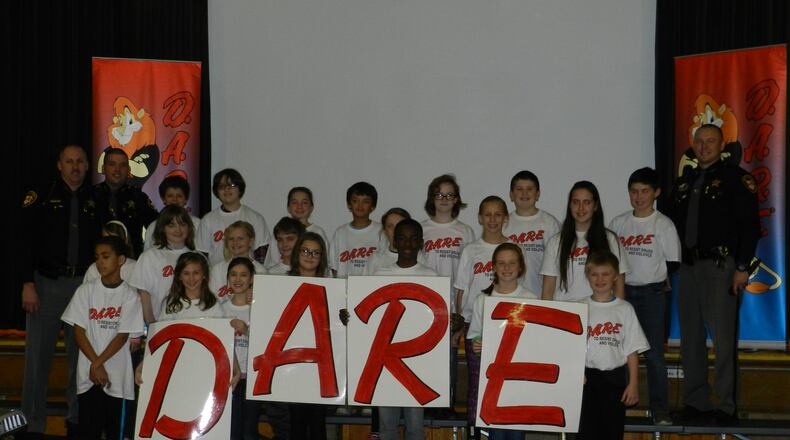>>RELATED: The Latest: Group backs plan for $20M to fight opioid crisis
The request will go the the Ohio Attorney General's Drug Use Prevention Grant Program, which will cover approximately 50 percent of the salary for the DARE officer's nine month of service to the program.
For the 2016-17 school year, the Beavercreek DARE officer was paid $25,282 from a state grant, according to the 2017 municipal budget.
>>READ: More trending stories
The police department also uses funds from the sale of property forfeited or seized during drug cases to help finance the DARE program.
This year, the department is projecting $10,000 in revenue from such activity, according to the 2017 municipal budget.
More than 600 students a year are exposed to the Beavercreek DARE program, according to the police department.
DARE was started in Los Angeles in 1983 as a part of the War Against Drugs campaign. Since then, the national program is used not only to educate school-aged children on drug issues and related topics, but also to educate about gangs, violent behavior, smoking, alcohol consumption, peer pressure as well as bullying and responsible social media practices.
HAVE A TIP? Call our monitored 24-hour line, 937-259-2237, or send it to newsdesk@cmgohio.com
